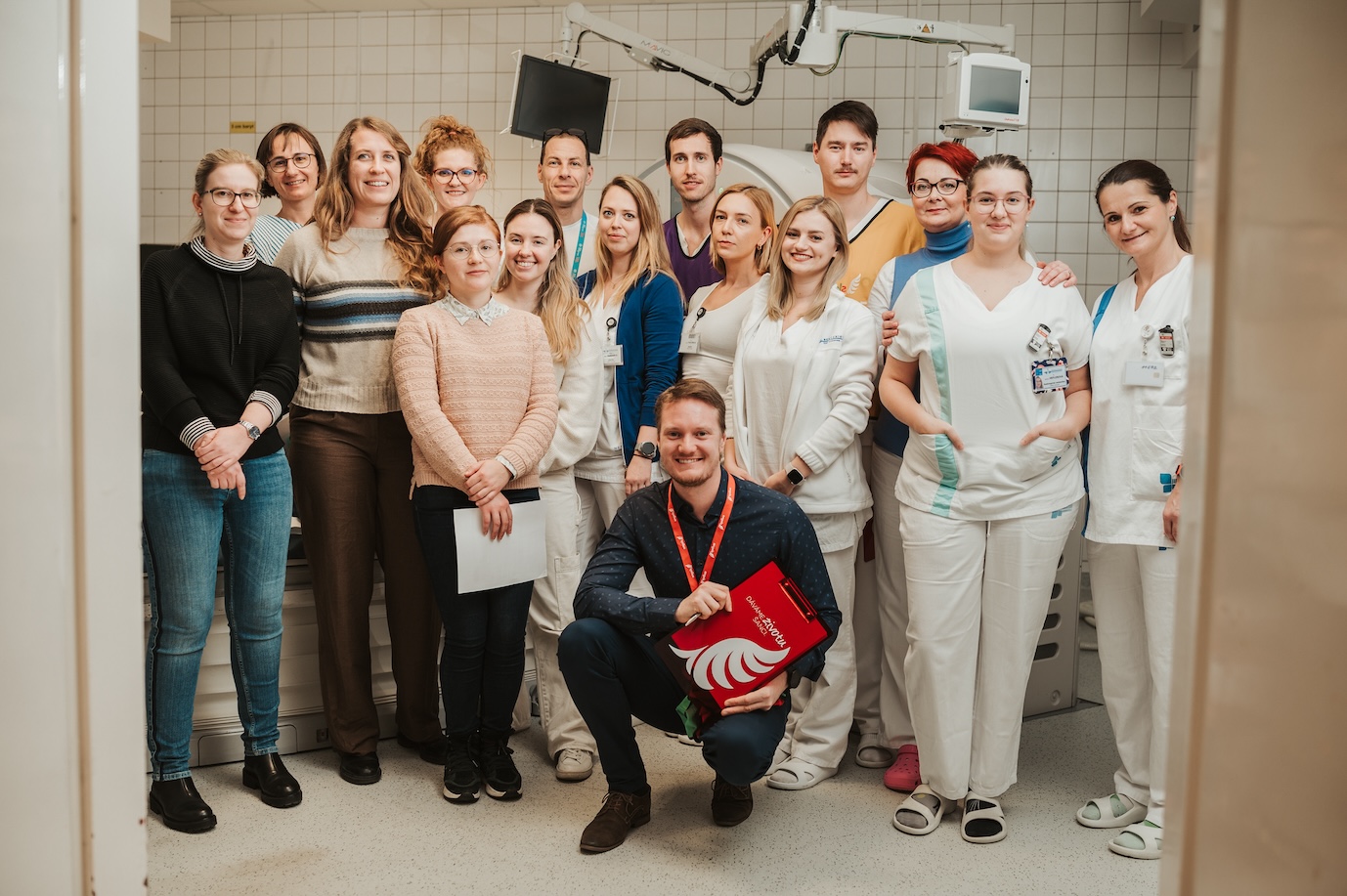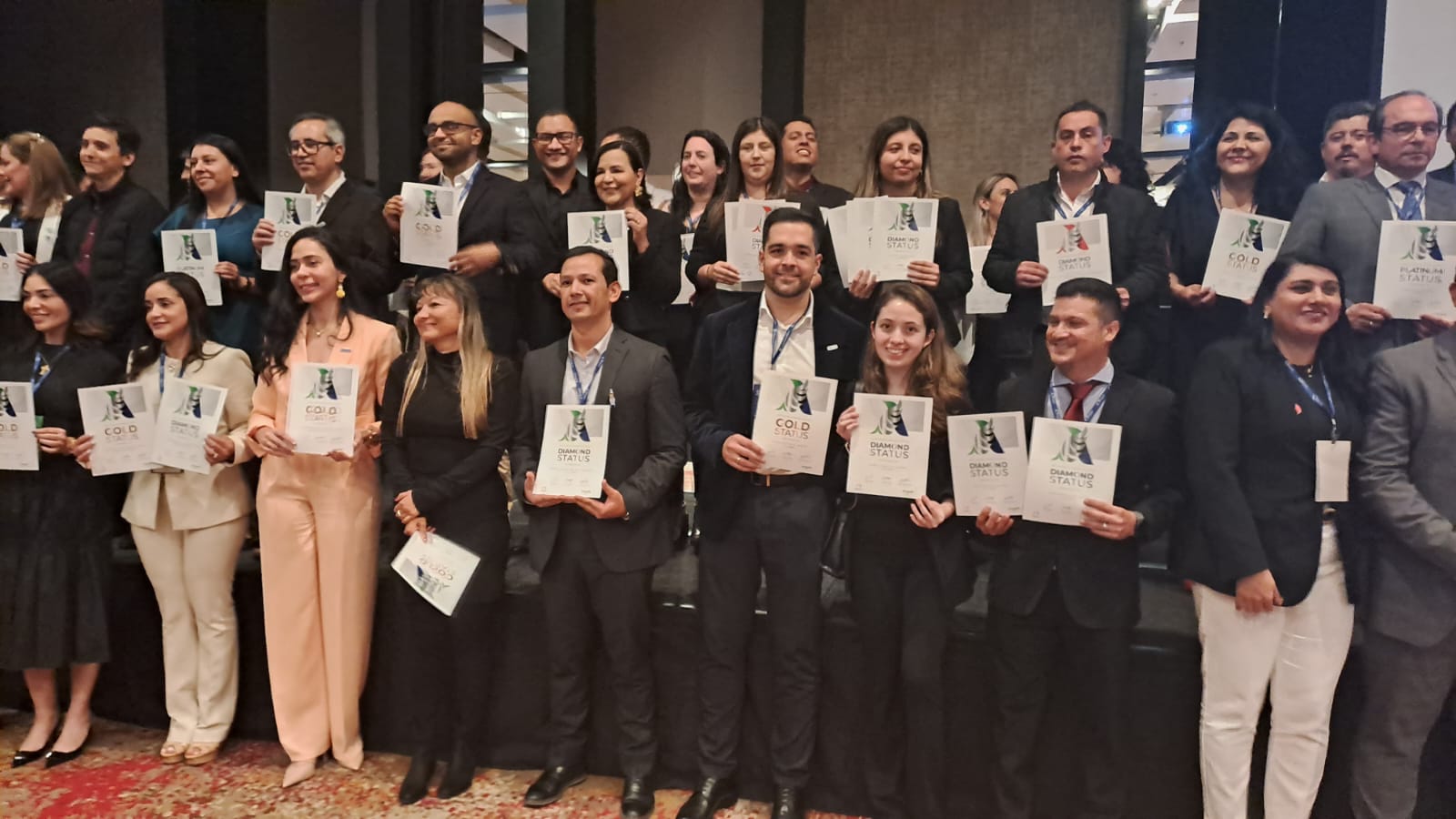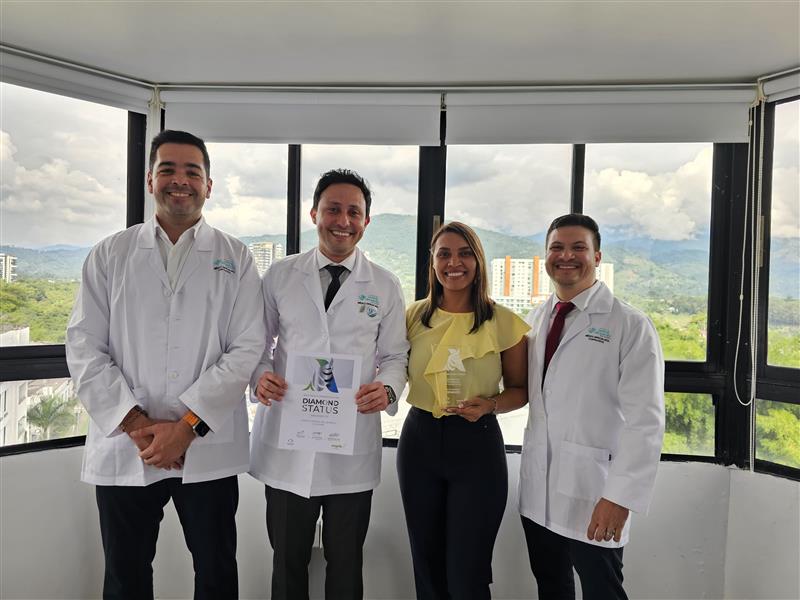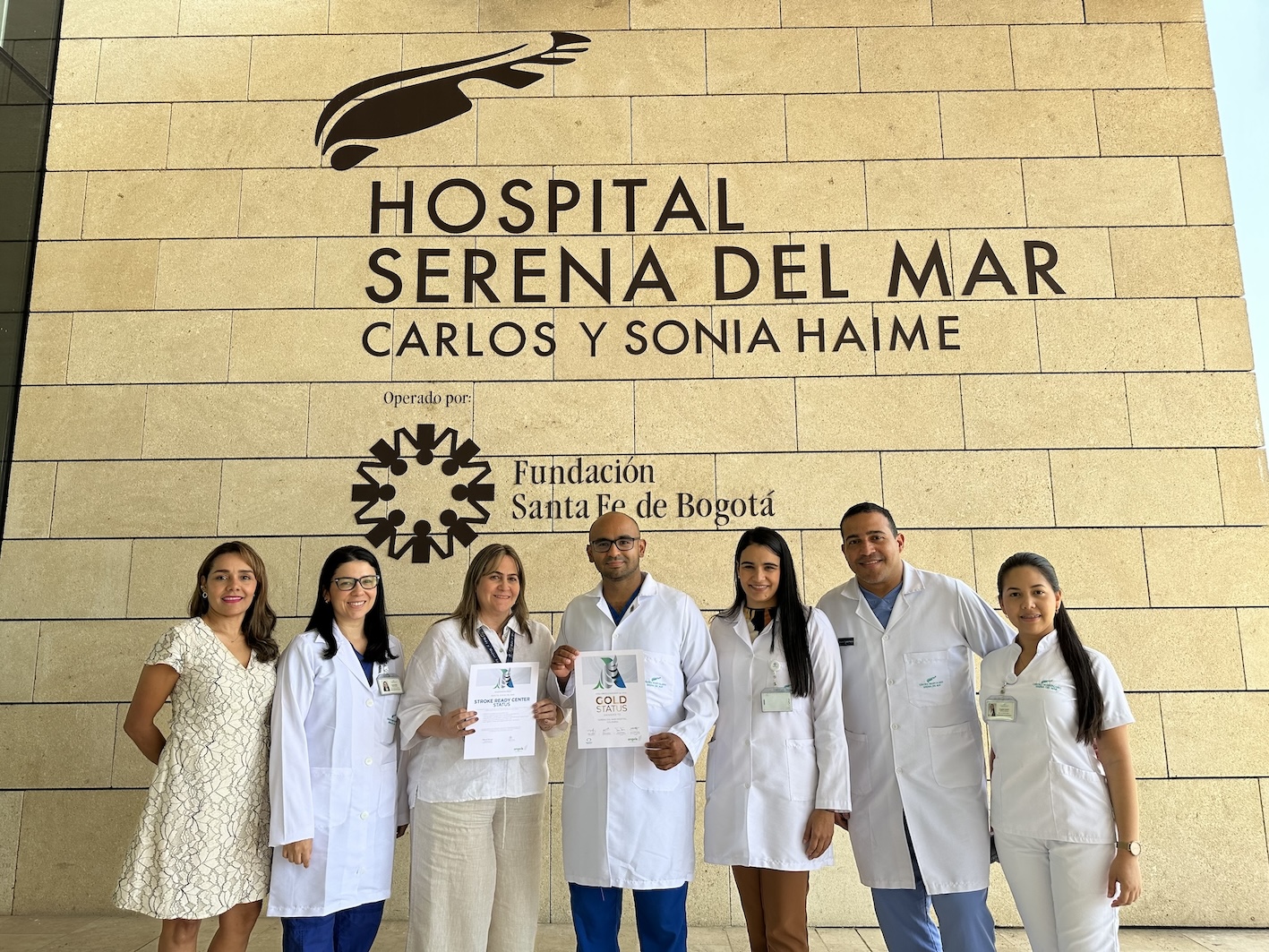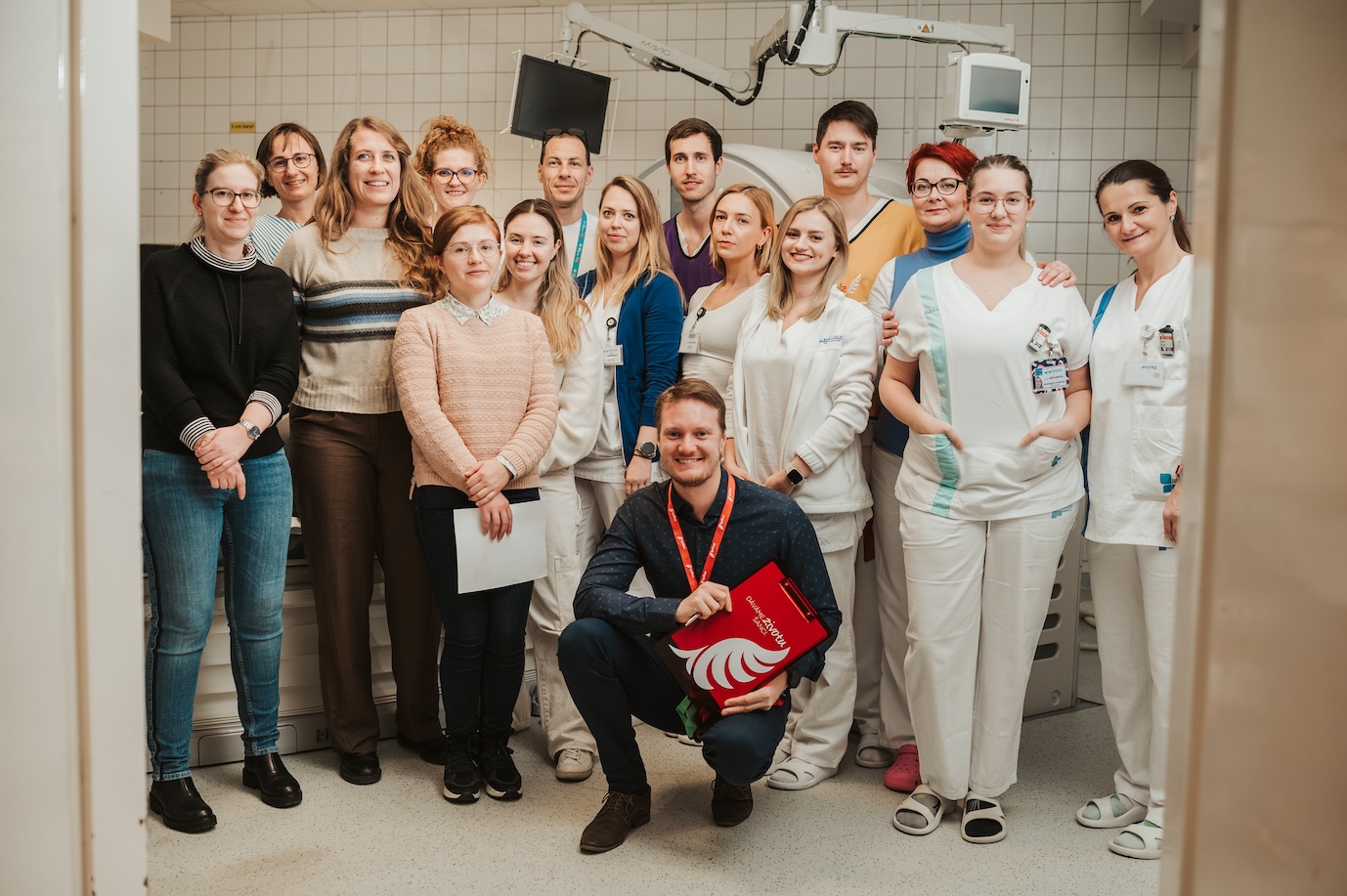
Angels 100 지역 전략은 뇌졸중에 대해 세상을 안전하게 만들기 위한 대담한 계획입니다. 이는 뇌졸중 환자에게 더 나은 결과를 제공하기 위해 단일 임무를 중심으로 다양한 배우를 동원하는 지역적 접근법입니다.
Angels 지역은 지역사회 인식, EMS 파트너십 및 급성 병원 치료가 모두 뇌졸중 환자에게 더 나은 결과를 제공하기 위해 최적화되어 있는 지역입니다. 그러나 이는 모든 사람이 통일된 방식으로 행동하는 경우에만 달성할 수 있습니다. 이것이 바로 100개 지역의 힘입니다. 이는 모든 사람을 위한 하나의 목표를 설정하고 집단의 선의를 공유된 목표로 전환합니다.
체코에서 Angels 컨설턴트 Martin Liptay는 남보헤미아가 유럽에서 이 지위를 최초로 달성할 것이라고 낙관합니다. 이 지역에서는 역사와 문화로 가득 차 있고 연못과 소박한 바로크 스타일의 마을로 덮여 있는 집단적 호의가 부족하지 않습니다. 600,000명 이상의 인구가 Hospital ◗eské Bud MOXRjovice(지역 수도에 위치한 종합 센터)라는 세 곳의 뇌졸중 센터와 피섹과 진드지히Ŝv Hradec 마을의 주요 뇌졸중 센터에서 서비스를 받고 있습니다. 이 네트워크는 이 지역의 모든 시민을 급성 뇌졸중 치료로부터 1시간 이내에 배치하며, 50km 미만 거리에서 수도로부터 주요 센터를 분리합니다. ZZS Jihočeského kraje(남보헤미 EMS)는 골드를 향해 이 지역을 이끄는 3명의 뛰어난 리더 중 한 명인 Marek Slab MOXR 박사의 이사 하에 긴급 수송을 제공합니다.
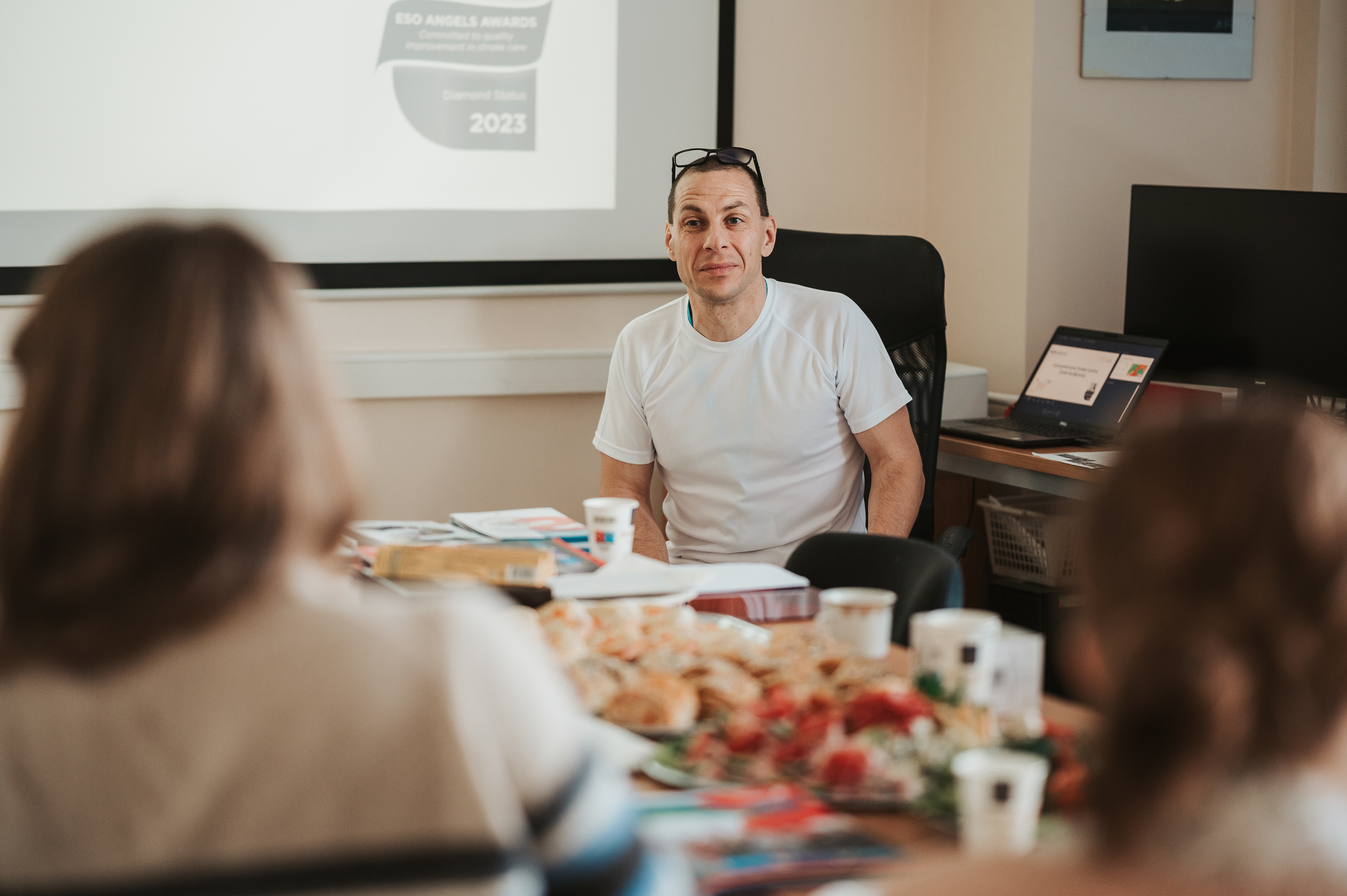
Svatopluk Ostr MOXR 박사
Svatopluk Ostr MOXR 박사는 2015년 Hospital ◗eské Bud MOXRjovice의 신경과장이 되었으며, 프라하의 유명한 중앙 군대 병원에서 11년 후 2012년에 도착했습니다. 그는 직장 생활과 사생활을 바꾸기 위해 남보헤미아로 이주했다고 말합니다. "여기는 꽤 큰 도시에 있는 대형 병원이었으나 프라하만큼 크지는 않았습니다. 프라하가 너무 컸습니다. 좀 더 작은 것이 필요했습니다.”
여기서도 신경외과 팀의 신경생리학자로서 수년 동안 이어온 또 다른 큰 주제를 다루기 위해 새로운 것을 시작할 기회가 있었습니다.
그는 “그러므로 제 직장 생활을 바꾸고 개인 생활을 개선하는 것과 관련이 있었습니다.”라고 말합니다. 이 목표를 추구하면서 그는 병원을 뇌졸중 치료의 지표로 삼아 전국의 다른 어떤 시설보다 매년 더 많은 환자를 혈전용해술로 치료했으며, DTN 시간 중앙값은 15~18분 사이였고, 매년 두 번째로 높은 기계적 혈전제거술을 수행했으며, 3개의 ESO Angels 다이아몬드상을 수상했습니다.
이러한 수준의 성과는 일상 업무에 뿌리를 두고 있다고 Ostr MOXR 박사는 설명합니다. “이는 매일 모든 사례를 검토하고, 다시 검토하고, 더 나아질 수 있는 방법에 대해 생각하는 것입니다.”
11년 전에 남보헤미아에 도착했을 때 뇌졸중에 대한 사고방식을 바꾸려면 “열정적인” 논의가 필요하다고 그는 말합니다. "우리는 뇌졸중 환자에 대해 다르게 생각하도록 사람들을 설득해야 했습니다. 각 사례를 도울 기회로 보고, 뇌졸중 환자가 들어오면 우리는 그들의 운명을 바꾸기 위해 왔습니다. 그리고 우리가 무엇을 해야 할지 신속하게 결정한 다음 한 사람처럼 함께 하면 더 많은 것을 도울 수 있습니다.”
닥터 오스트루는 체코 북부 모라비아에서 자랐으며 수학과 과학에 중점을 둔 학교에 다녔습니다. 그의 학교 친구들은 대부분 경제학, 수학 및 물리학을 공부했습니다. Svatopluk Ostr MOXR은 의학을 커리어로 선택한 소수의 사람들 중 하나였으며, 삶에 영향을 미치기 위해 지식을 사용할 수 있는 잠재력에 끌렸습니다.
신경외과는 논리적 논쟁, 빠른 의사 결정 및 직접적인 행동의 가능성을 제시했으며, 그는 뇌졸중 치료에서 유사한 특성을 발견했습니다. 그의 연구는 급성 뇌졸중의 진단 과정에 신경생리학을 구현하고, 기계적 혈전제거술에 실패한 경우 미세수술을 통해 혈전을 제거하는 급성 허혈성 뇌졸중을 치료하기 위한 세 번째 옵션을 탐색하는 데 중점을 둡니다. 그의 동료인 유명한 신경외과 의사인 Ji MOXRí Fiedler와의 공동 결과물은 병원에서 수행되고 있는 개척 작업에 전 세계의 관심을 끌었습니다.
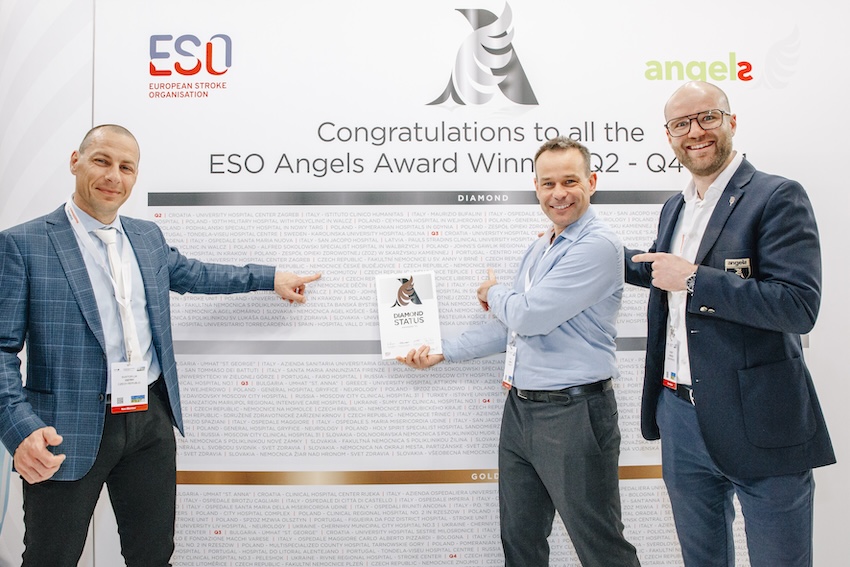
Robert Rezek 박사
Dr Robert Rezek은 체스케 부디제비체 북서쪽으로 약 45분 정도 떨어진 피섹 마을에 위치한 주요 센터인 Hospital Písek의 뇌졸중 병동 수석 의사입니다. Hospital Písek은 체코 공화국의 40개 다이아몬드 병원 중 하나로, 작년 두 번째 병원으로 차별화되었습니다. 평균 DTN 시간은 17분입니다.
13년 전 프라하에서 온 Dr Rezek은 뇌졸중 치료 시스템이 이미 마련되어 있었지만, Ostr MOXR 박사의 '바데스카'의 개입에 따라 해당 센터와의 협력이 개선되었고 해당 지역의 뇌졸중 환자가 높은 수준의 종합 치료를 받을 수 있었다고 말합니다.
“이전에는 대혈관 폐색 환자들에게 양질의 치료를 제공할 수 없었습니다. 그러나, 2013년 이후로 차에스케 부디비치의 뇌졸중팀 전체가 변화했으며, 이제 우리의 협력은 완벽하고 기계적 혈전절제술의 비율은 급격히 증가했습니다.”
1차 센터와 종합 센터 간의 완벽한 협력은 가능한 한 효율적으로 센터 간 환자를 이송할 수 있을 뿐만 아니라 적절한 병원에 적합한 환자를 선택할 수 있는 잘 훈련된 앰뷸런스 서비스에 달려 있습니다.
구급대원 교육은 전체 시스템을 개선한다고 Dr Rezek은 지적합니다. 이를 위해 그는 2022년 가을에 학생이 되었으며, 부다페스트에서 Angels가 진행하는 첨단 뇌졸중 생명 유지 교육 워크숍에 참여하여 인증된 ASLS 강사가 되었습니다.
의사가 되기로 결정한 18세의 Robert Rezek은 "사람을 돕고 세상을 개선"한다는 충동에서 그렇게 했습니다. 신경과 전문의가 된 것은 그의 행운이라고 그는 말합니다. 이 병원이 뇌졸중 치료 프로그램을 개선하고 남보헤미아를 뇌졸중을 위한 안전한 장소로 발전시키는 데 도움을 주기 위해 프라하에서 피섹으로 그를 데려온 일련의 행운의 우연이 있었습니다.
Dr Rezek은 이 역사적인 마을에 도착한 후 그의 최우선 순위는 환자를 위한 물류를 변경하는 것이라고 말합니다. “이전에는 팀이 구급차에서 환자를 만났고 환자가 CT실로 이송되기 전에 신체검사를 완료했다. 시간이 걸렸습니다. 이제 구급대원들이 더 나은 선택을 할 수 있도록, 환자가 도착하기 전에 환자를 준비시키고 CT실에서 환자를 받습니다.”
CT에서 환자를 치료하면 DTN 시간을 몇 분 더 단축할 수 있습니다.
Marek Slab MOXR 박사
"환자를 CT로 직접 이송하는 것은 치료 시간을 줄이는 데 큰 진전이었습니다."라고 Dr Marek Slab는 말합니다. Marek Slab는 ZZS Jihočeského kraje를 이끌면서 EMS 국립 협회의 회장이자 체코 상원의원의 Tábor 지역을 대표합니다. 그는 자신의 많은 역할 사이에서 전환하는 기술을 숙달했으며, 정치인으로서의 경험이 건강과 사회적 문제 간의 연관성에 대한 이해를 높인다는 것을 알게 되었습니다.
병원과 앰뷸런스 서비스 간의 표준화된 협력은 치료 시간에 상당한 영향을 미쳤다고 Dr Slab는 말합니다. 그는 체코에서 뇌졸중 네트워크 형성으로 이어지는 논의에 참여했으며, 그 결과 뇌졸중으로 인한 장애가 감소하고 있다는 사실에 만족합니다. 뇌졸중 센터 네트워크를 정의하고 분류 규칙을 정하는 것은 뇌졸중 의약품의 엄청난 발전이었다고 그는 말합니다.
“올바른 병원으로의 효과적인 의사소통과 분류에 대한 규칙이 지제스케 부드비치의 뇌졸중 센터와 합의된 후, 모든 주요 매개변수가 극적으로 개선되었고 소규모 비치료 병원으로의 환자 이송이 거의 완전히 제거되었습니다.”
EMS 상은 또한 환자 데이터의 수집 및 분석으로부터 도출된 피드백 덕분에 병원 전단계 뇌졸중 치료 품질에 긍정적인 영향을 미쳤습니다. "사람들이 자신이 하는 일을 보는 것이 중요하다"고 Slab MOXR 박사는 말합니다.
2023년 3Q3에 두 번째 다이아몬드 어워드를 수상한 ZZS JčK는 Angels 지역 지위 기준을 충족하는 경우 2024년에 어워드를 다시 입력해야 합니다.
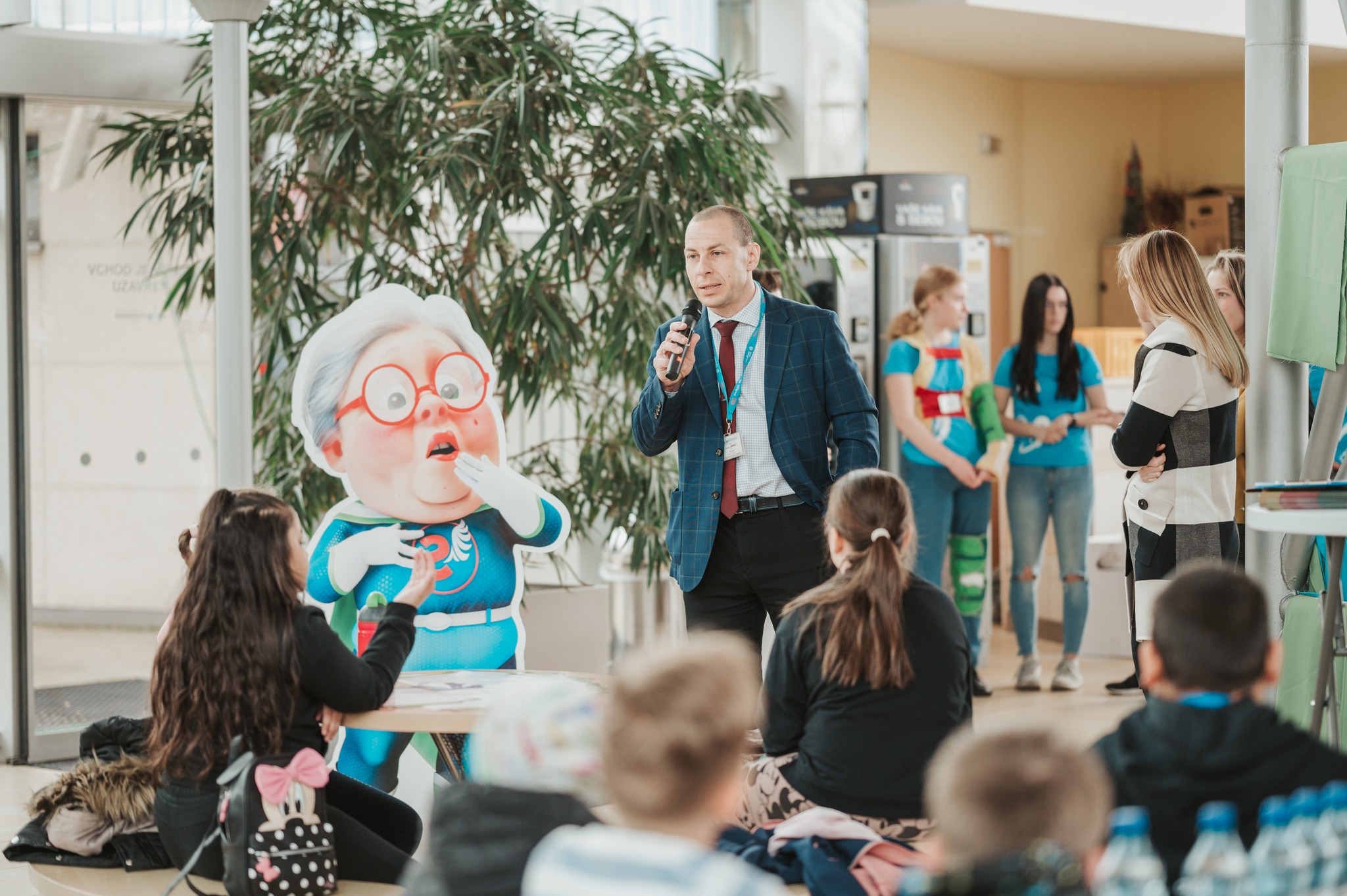
영웅 모집
당연히 Angels 지역이 되는 것은 Ostr MOXR 박사, Rezek 박사, Slab MOXR와 같은 의사들이 뇌졸중 치료의 모든 측면에서 리더십을 제공하는 상황에서 문제가 되어야 합니다. 이들은 곧 체스케 부드호비체 북동쪽으로 42km 떨어진 역사적인 마을에 있는 새롭게 인증된 뇌졸중 센터인 Hospital Jind 'ichŜv Hradec의 최고 신경과 전문의인 František Pfeifer 박사와 합류하게 됩니다.
이 병원은 지금까지도 연하곤란 선별검사를 표준화하고 문서화하지 못한 것에 대해 상을 수상했을 것입니다. Martin Liptay는 Pfeifer 박사와 협력하여 기본 물 삼킴 검사에 대한 표준화된 프로토콜 구현하고, GUSS 연하곤란 스크리닝 프로토콜 구현하는 궁극적인 목표를 가지고 데이터를 RES-Q로 전송할 수 있도록 이를 일관되게 추적하고 있습니다.
Martin이 해야 할 일 목록에는 Hospital Jind MOXRichŜv Hradec이 첫 어워드를 수상하고 EMS가 트로피 컵보드에 또 다른 어워드를 추가하도록 돕는 것 외에도 금메달을 향한 여정이 나와 FAST 히어로 캠페인 시행을 확대하고 있습니다.
Angels 지역 지위 기준을 충족하기 위해 이 지역은 학교 기반 인식 캠페인에 목표 아동 수를 등록해야 합니다. 캠페인은 두 명의 조부모를 교육하여 각 자녀를 과업합니다. 따라서 실행 목표는 뇌졸중 발생률(인구당 뇌졸중 수)을 2로 나눈 값을 기준으로 합니다. 남보헤미안 지역은 이 목표를 달성하기 위해 최소 700명의 작은 슈퍼히어로를 모집해야 합니다.
FAST 히어로 캠페인은 Ostry 박사가 홍보대사로 서명하는 것에서 부스트를 받았으며, Martin은 더 많은 선도적인 시민들이 프로젝트에 영향력을 행사할 수 있기를 희망합니다.
집단적 호의는 나머지를 처리한다.
